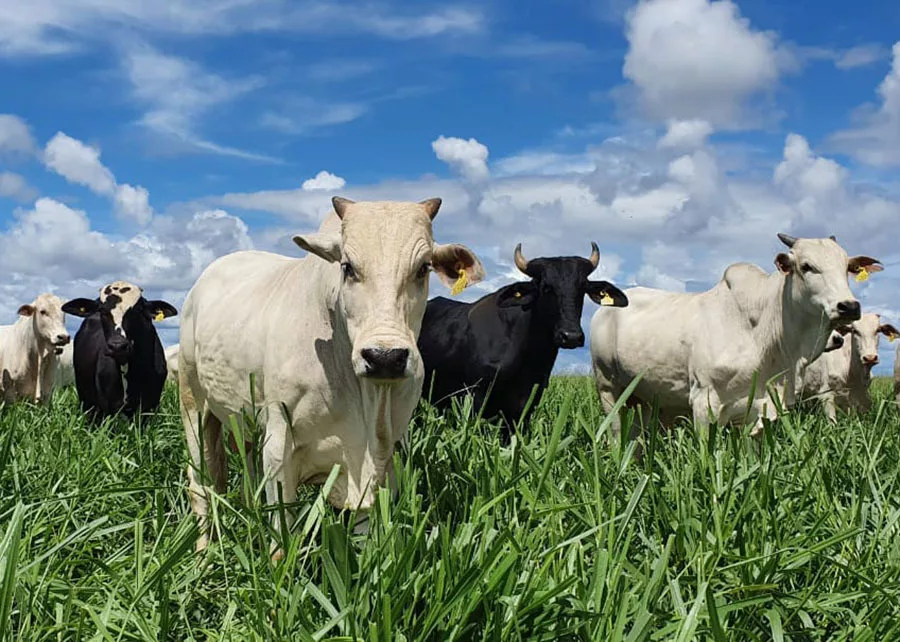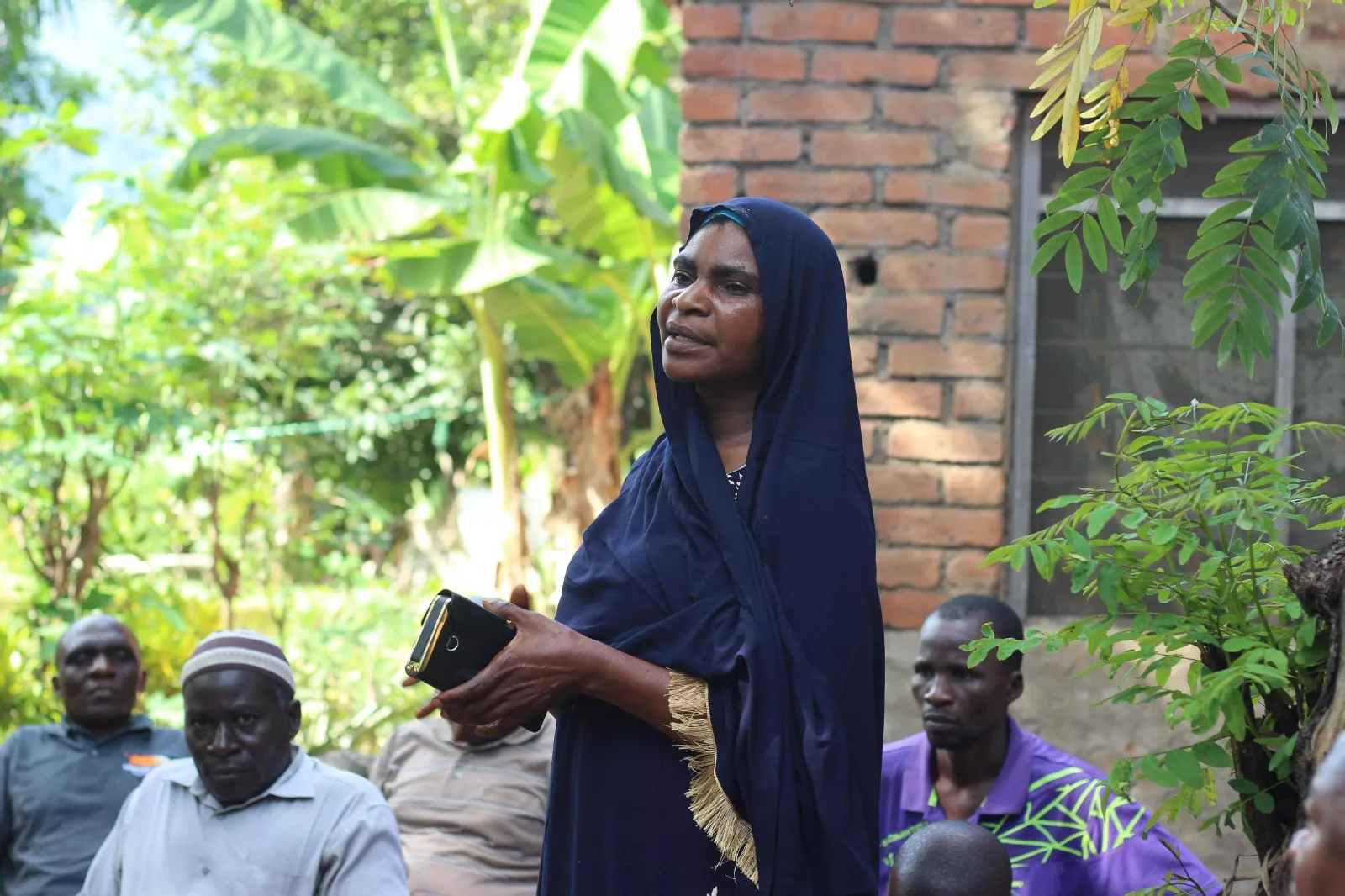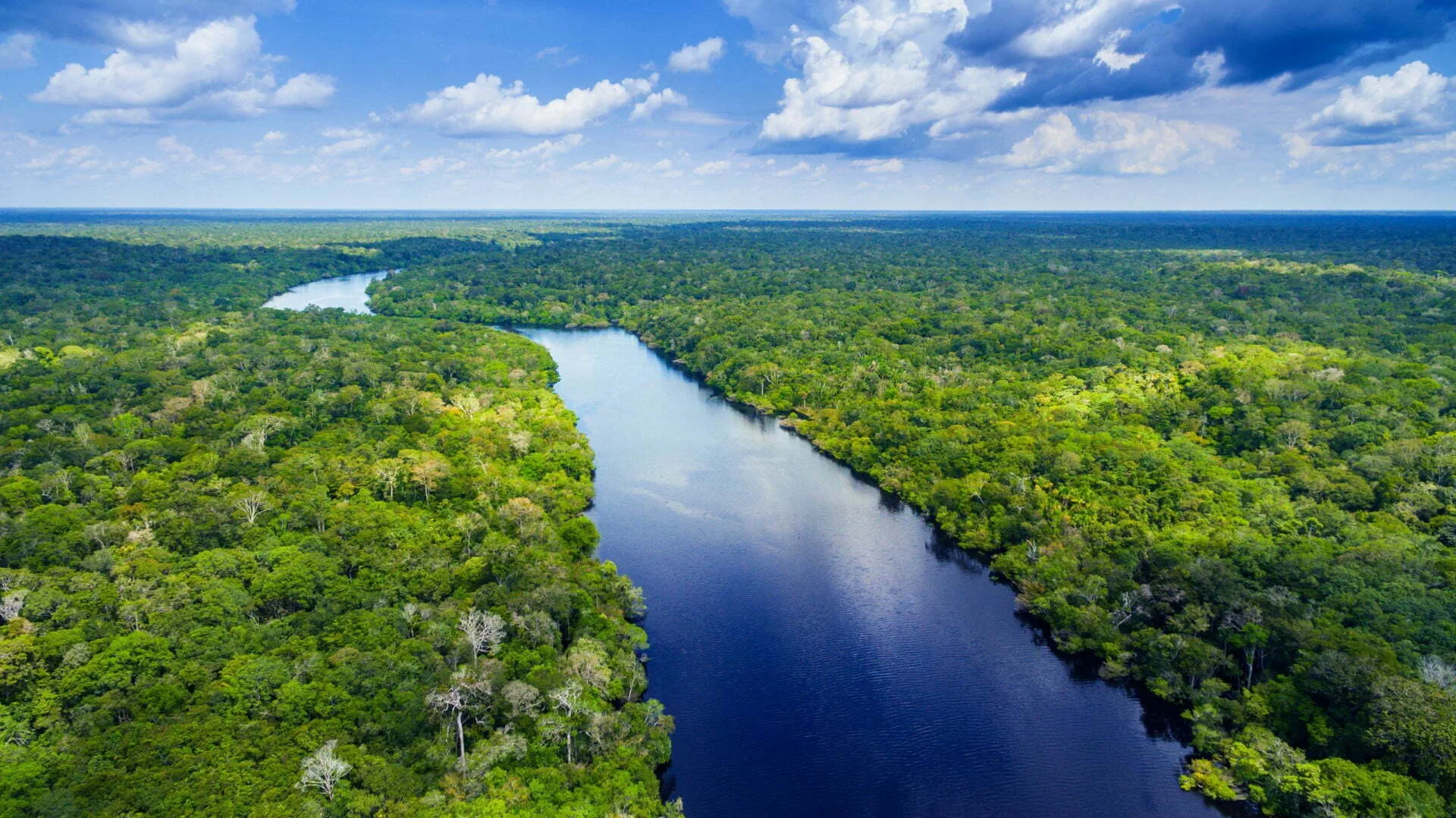
The farmer Fernando Nogues Beloni was certified, in the end last year, as the world’s first regenerative coffee grower.
Located in Patrocínio city, in the “Cerrado Mineiro”, AgroBeloni has been recognized by the British certification body Control Union for its sustainable farming practices on coffee bean production.
The certificate validates practices carried out for more than three years in the property, with focus on soil health increasing, biodiversity enhancing, greenhouse gas emissions (GHG) control and CO2 sequestration.
According to Beloni, the interest in regenerative agriculture happened naturally. “I used to sell my coffee to a company in France and they asked me if I had regenerative agriculture practices”, he told.
According to him, before that, the property already had adopted many of the necessary practices, but it was important to demonstrate through a certification, the first in the world in the case of coffee production.
“Replacing chemical fertilizers and pesticides with organic alternatives, among other sustainable practices, was already a reality on my farm. So I decided to pursue an internationally recognized certification”, he explained.
Regenerative agriculture uses production processes that restore the soil, improve biodiversity among natural pollinators (bees and butterflies) and increase soil carbon capture, thereby achieving lasting environmental benefits.
In total, after submitting the farm into the certification process, Fernando Beloni waited about 3 months for the result.
“Initially, we reduced the use of chemical pesticides for biological regeneration of the soil and plants on the farm. So we realized several benefits in farming and decided to improve regenerative agriculture with specialized support”, Beloni said.
According to him, regenerative agriculture increases coffee production and business profitability, adding value to coffee beans. On the other hand, for consumers, regenerative coffee means a healthier product, in addition to connecting them to a set of values and processes that involve an ethical and environmentally responsible product.
The producer says that it was not difficult to obtain certification, since sustainable practices are present on daily practices of coffee growers in the Cerrado Mineiro.
“I believe that I didn’t have many difficulties in getting the certification, because for the coffee growers in this region, the transition to responsible coffee farming has been happening naturally for some years”, concluded.


![24 Dec. 2023- Shirqat – Iraq – Ahmed Turki Naif, One of the beneficiaries of the training courses on modern agricultural methods in Shirqat is married and a father of two daughters, benefited from the project by adopting pivot sprinklers and drip farming after benefiting from the training course. his fealed work is growing barley, […] 24 Dec. 2023- Shirqat – Iraq – Ahmed Turki Naif, One of the beneficiaries of the training courses on modern agricultural methods in Shirqat is married and a father of two daughters, benefited from the project by adopting pivot sprinklers and drip farming after benefiting from the training course. his fealed work is growing barley, […]](https://planetacampo.canalrural.com.br/wp-content/uploads/sites/9/2025/02/undp_iq_dsc06266-scaled-1.webp)



